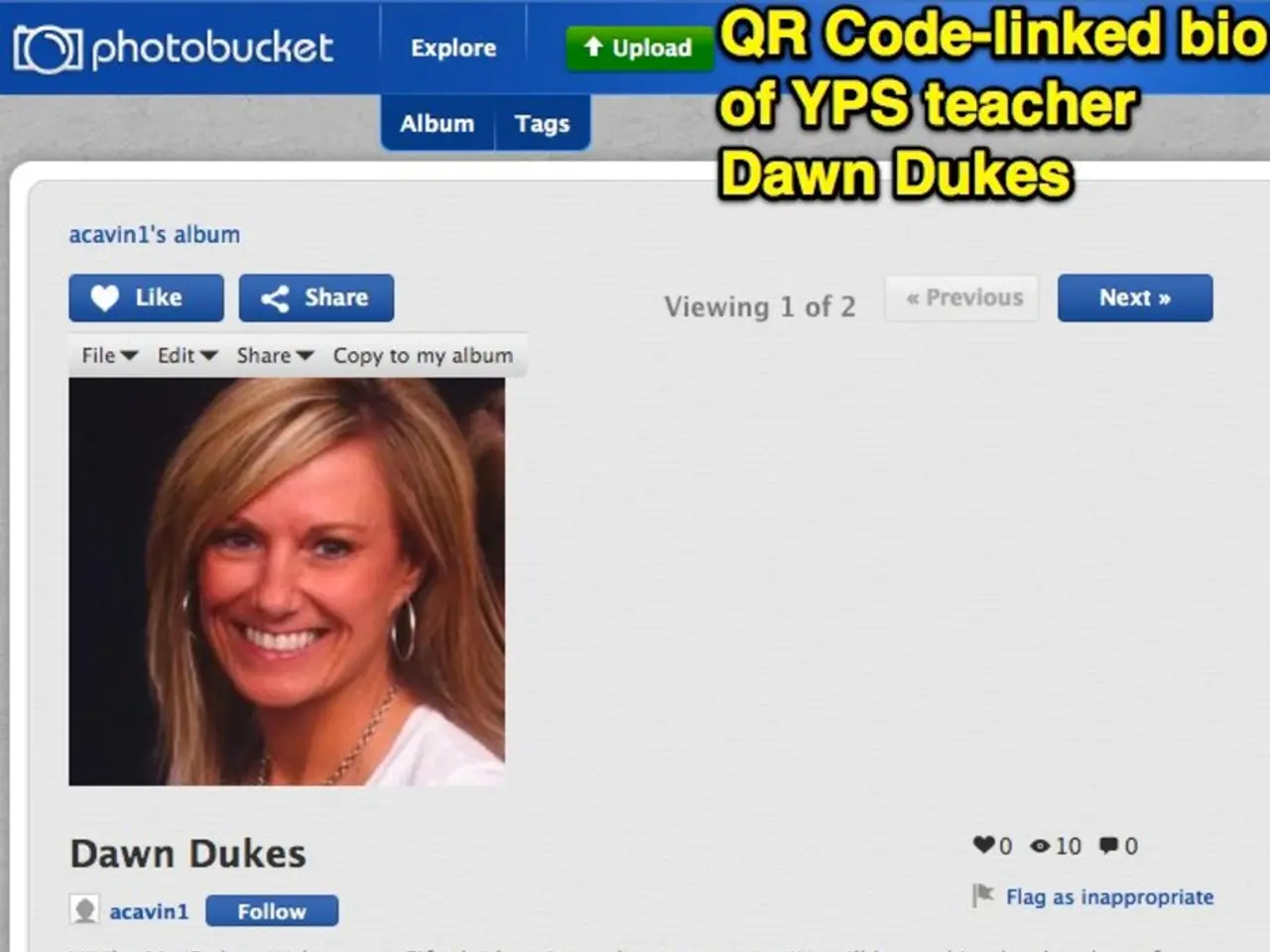Navigating Unfavorable Political Discussions and Trends: A Guide
==============================================================================
In the digital age, social media has become a powerful tool for political campaigns, but it also presents challenges, particularly when it comes to managing negative mentions and trends. Effective management requires a combination of proactive monitoring, strategic communication, and engagement tactics.
Proactive Monitoring
One of the key strategies is to use real-time sentiment analysis tools to track negative mentions early. These tools can help understand the emotional tone behind the mentions, identify potential crises before they escalate, and enable timely and targeted responses. This proactive approach can prevent damage to reputation.
Strategic Influencer Collaboration
Partnering with trusted political influencers who align with the campaign’s values can be beneficial. Influencers' authentic endorsement can counterbalance negative narratives by reaching constituencies that may be harder to engage otherwise.
Transparent and Responsive Communication
Engaging transparently and responsively with the audience on social media platforms is crucial. Promptly addressing voter concerns and feedback demonstrates commitment and can reduce hostility by fostering a sense of inclusion and dialogue.
Inclusive and Positive Messaging
Promoting inclusive, positive messaging that builds community and collective identity rather than incendiary or polarizing rhetoric is another important aspect. Messaging that feels inclusive tends to generate supportive emotional responses and reduces angry or hostile reactions.
Platform-Specific Strategies
Different social media platforms have unique characteristics, and managing discussions on them may require different approaches. For example, Reddit encourages more thoughtful and less acrimonious political conversations compared to Twitter.
Focus on High-Impact Issues
Filtering and prioritizing content to focus on high-impact issues ensures resources are allocated efficiently and the campaign responds to narratives that truly influence public perception.
Mitigating Negative Campaigns
Sudden spikes in mentions, repetitive phrasing, same images used across posts, and coordinated hashtag pushes are key indicators of an orchestrated negative campaign. Coordinated inauthentic behavior using bots or fake accounts can amplify criticism to create a perception of public backlash. Memes can simplify and exaggerate criticism, making it more shareable and emotionally resonant, which increases its viral potential.
Legal Avenues
In cases of defamatory political content, there are legal avenues depending on the jurisdiction. These include defamation laws, takedown notices, and election commission complaints.
Contact Information
For any queries or concerns, the contact details for getting in touch are filling out an online form on the site or giving a call at 91 9848321284.
In conclusion, effective management of negative political mentions relies on continuous listening, strategic influencer collaboration, inclusive communication, and platform-specific engagement methods to shape public discourse constructively in social media spaces.
- Political consultants often advise candidates to utilize the power of ads in social media campaigns, as these platforms can reach vast audiences and influence opinions.
- A solid campaign strategy involves monitoring social media analytics to gauge public sentiment and understand the impact of various policies and decisions on voters.
- To enhance political marketing efforts, politicians can consider collaborating with influential figures on social media who align with their values or represent key demographics.
- Personal growth in the digital age revolves around understanding the importance of social media in shaping public opinion and tailoring communication strategies accordingly.
- Effective online-education platforms capitalize on social media to deliver general news, learning materials, and policy-and-legislation updates relevant to the political landscape.
- In the realm of sports, social media provides a platform for athletes to engage with fans, share insights, and even participate in sports-betting discussions, thereby expanding their fanbase.
- Simultaneously, social media has been used to amplify discussions on social-media activism, education-and-self-development, crime-and-justice, and entertainment-related topics.
- The misuse of social media can lead to the spread of misinformation, creating volatile situations that escalate into wars-and-conflicts or amplify disagreements.
- To combat negative sentiment, it is essential to set goals for social media engagement, focusing on valuable interactions over mere likes and shares that do not contribute to positive growth.
- Proactively managing one's online presence is crucial for promoting personal-growth, as it allows individuals to control their reputation in the digital world.
- Social-media platforms are not just spaces for entertainment and sports-analysis, but also serve as arenas for lifelong-learning through discussions on various topics, ideas, and perspectives.
- In the world of politics, champions of policy-and-legislation argue that embracing social media as a tool for reaching constituents, disseminating information, and fostering dialogue is crucial for a functioning democracy.




